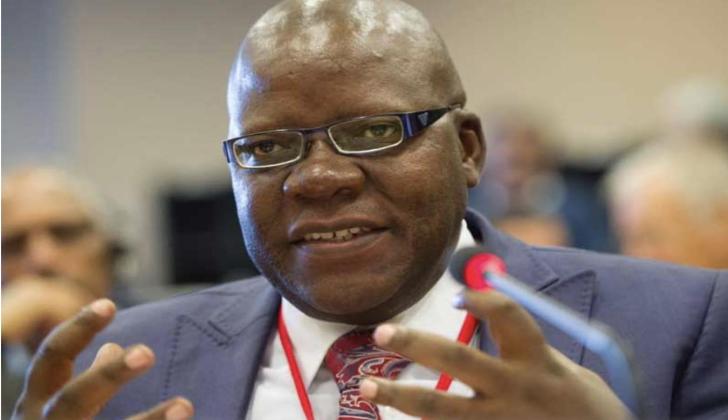Opinion / Columnist
My take on Tendai Biti and the scarcity of visionaries
30 Jul 2025 at 09:55hrs |
2 Views

Biti, by all means, embodies the archetype of the political activist: vocally critical of power, sharply articulate, and willing to agitate against institutional decay. He thrives on confrontation with the state apparatus, and in this regard, he serves a necessary function in a democratic society, namely, that of the gadfly who disturbs complacency and calls attention to systemic failures.
However, activism, no matter how passionate or historically situated, is not synonymous with leadership. The two often intersect, but they are not interchangeable. A proper opposition leader, especially in a post-colonial African context, must be more than just an agent of negation. It is one thing to critique what is; it is a far more demanding task to construct a persuasive vision of what ought to be. Leadership, especially in opposition, requires strategic foresight, emotional discipline, ideological coherence, and the moral imagination to reconcile idealism with the hard realities of statecraft.
The opposition leader must not only understand governance but must show that they can govern. That means crafting alternative policy frameworks, maintaining institutional memory, cultivating intra-party stability, managing egos, and resisting the temptation of populist performance. It is about building structures, not just movements. It is about long-term political engineering, not just short-term media soundbites.
Biti, for all his brilliance, often appears more comfortable within the reactive space of critique than in the proactive domain of political construction. His messaging is too often antagonistic without strategic depth, his alliances erratic, and his public persona marked by bursts of righteous indignation rather than consistent ideological clarity. That, in my view, limits his claim to the title of "leader" in the full sense of the term.
Zimbabwe's opposition does not suffer from a shortage of critics; it suffers from a scarcity of visionaries. What the nation requires is a leadership class capable of transcending the theatre of political grievance to offer a compelling, achievable, and inclusive national agenda. The task is not merely to oppose ZANU-PF, but to outline a serious and implementable alternative, one rooted in economic realism, political maturity, and historical consciousness.
Until Biti, or any figure claiming that mantle, begins to embody that broader, more demanding conception of leadership, I will continue to regard him as a significant political actor, yes, but not the kind of transformative opposition leader that the moment demands.
However, activism, no matter how passionate or historically situated, is not synonymous with leadership. The two often intersect, but they are not interchangeable. A proper opposition leader, especially in a post-colonial African context, must be more than just an agent of negation. It is one thing to critique what is; it is a far more demanding task to construct a persuasive vision of what ought to be. Leadership, especially in opposition, requires strategic foresight, emotional discipline, ideological coherence, and the moral imagination to reconcile idealism with the hard realities of statecraft.
The opposition leader must not only understand governance but must show that they can govern. That means crafting alternative policy frameworks, maintaining institutional memory, cultivating intra-party stability, managing egos, and resisting the temptation of populist performance. It is about building structures, not just movements. It is about long-term political engineering, not just short-term media soundbites.
Zimbabwe's opposition does not suffer from a shortage of critics; it suffers from a scarcity of visionaries. What the nation requires is a leadership class capable of transcending the theatre of political grievance to offer a compelling, achievable, and inclusive national agenda. The task is not merely to oppose ZANU-PF, but to outline a serious and implementable alternative, one rooted in economic realism, political maturity, and historical consciousness.
Until Biti, or any figure claiming that mantle, begins to embody that broader, more demanding conception of leadership, I will continue to regard him as a significant political actor, yes, but not the kind of transformative opposition leader that the moment demands.
Source - x
All articles and letters published on Bulawayo24 have been independently written by members of Bulawayo24's community. The views of users published on Bulawayo24 are therefore their own and do not necessarily represent the views of Bulawayo24. Bulawayo24 editors also reserve the right to edit or delete any and all comments received.
Join the discussion
Loading comments…


























